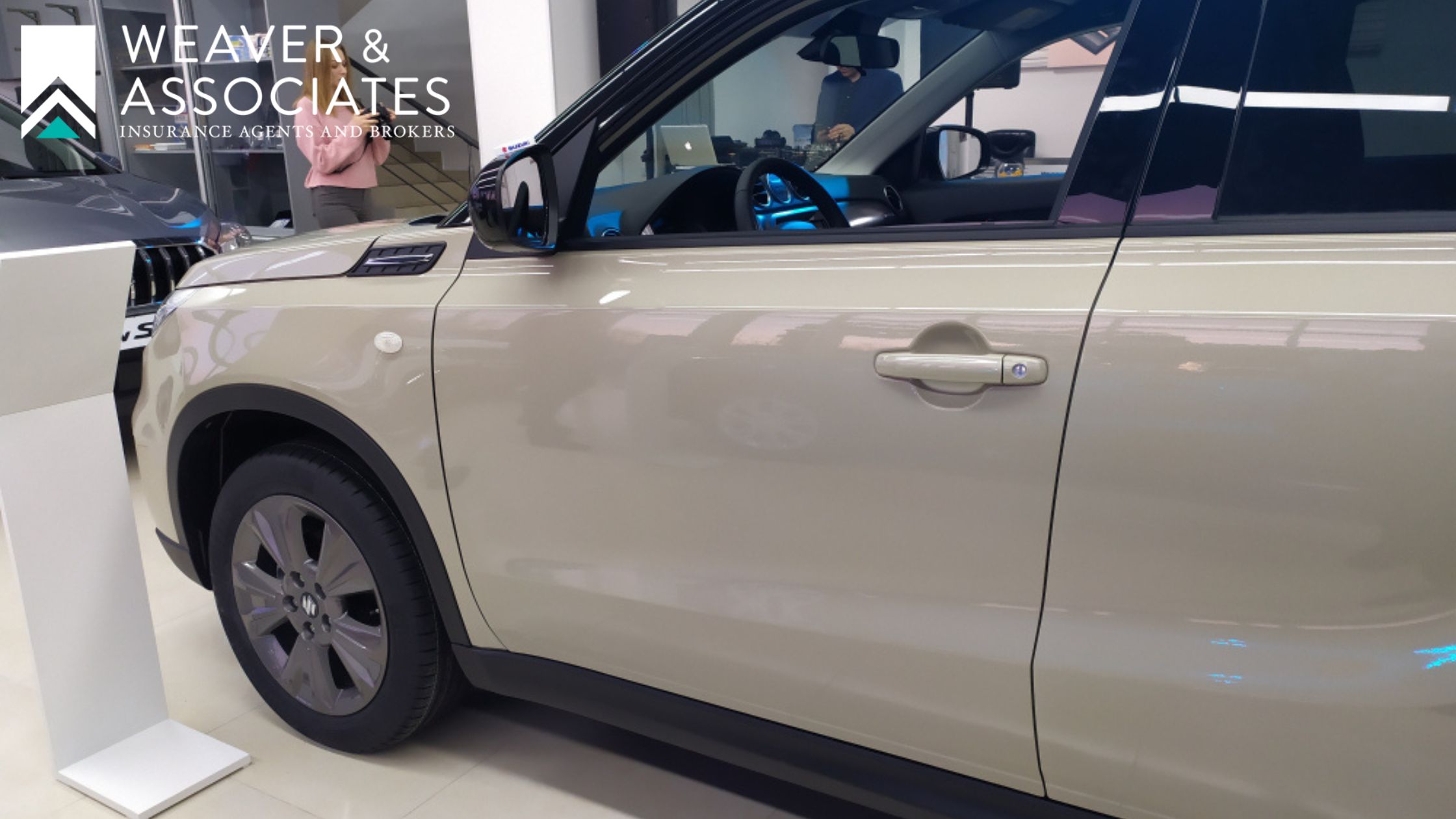As a responsible car owner, safeguarding your vehicle is a top priority. But navigating car protection can feel confusing, with terms like “car warranty” and “car insurance” being used. Worry not! Let’s understand the key differences between car warranties and car insurance, empowering you to make informed decisions for your car’s well-being.
Car Warranty: A Promise from the Manufacturer or Retailer
A car warranty is essentially a service contract between you and the manufacturer (or an authorized dealer) that guarantees repairs or replacements for certain parts of your car in case of malfunctions. It’s like a manufacturer’s pledge that their vehicle is built to last and they’ll stand behind its quality for a specific period. Warranties typically come in two forms:
- New Car Warranty: This warranty, often referred to as a “bumper-to-bumper” warranty, comes with the purchase of a new car. It usually covers a wide range of components for a set period (e.g., 3 years/36,000 miles) and protects against manufacturer defects in materials and quality.
- Extended Warranty: This warranty extends coverage beyond the manufacturer’s original warranty. It’s typically purchased separately from dealerships or third-party providers and offers varying coverage levels depending on the chosen plan.
What Does a Car Warranty Cover?
The specific components and situations a car warranty covers depend on the warranty type and provider. However, some common inclusions are:
- Powertrain warranty: Covers major components like the engine, transmission, and drivetrain.
- Powertrain plus warranty: Extends coverage beyond the powertrain to include additional parts like electrical components and suspension.
- Exclusionary warranty: Covers everything except specifically listed exclusions (often wear-and-tear items like brake pads).
What Doesn’t a Car Warranty Cover?
It’s essential to understand what a car warranty doesn’t cover. Here are some common exclusions:
- Routine maintenance: Warranties do not cover oil changes, tire rotations, and other scheduled maintenance services.
- Normal wear and tear: As parts wear down over time through regular use, they won’t be covered under warranty.
- Accidental damage: Dents, scratches, and other damage caused by accidents are not covered by warranties. This is where car insurance comes in.
Car Insurance: Protecting Your Investment
Car insurance is a legal requirement in most states. It’s a financial safety net that protects you from the financial burden of accidents, theft, vandalism, and other unforeseen events. Unlike warranties, car insurance isn’t focused on repairing your car; it’s about mitigating financial losses associated with various situations.
Here’s a breakdown of some common car insurance coverages:
- Liability coverage: This covers injuries and property damage you cause to others in an accident.
- Collision coverage: This covers repairs to your own car if it’s damaged in a collision with another vehicle or object.
- Comprehensive coverage: This covers damage to your car from events other than collisions, such as theft, vandalism, fire, and natural disasters.
Who Pays First: Car Warranty vs Car Insurance
Generally, car insurance takes precedence over a car warranty. So, your insurance company will typically handle the initial payment if your car needs repairs due to an accident or a covered event under your insurance policy. However, suppose the repairs fall under the purview of your car warranty (e.g., a powertrain malfunction unrelated to the accident). In that case, you might be able to file a claim with the warranty provider for additional coverage after your insurance has paid its portion.
Weaver & Associates: Your Trusted Partner for Car Insurance Solutions
At Weaver & Associates, we understand the importance of safeguarding your vehicle. Contact us today for a free car insurance quote! We’ll be happy to answer any questions you have about car warranties, car insurance, or any other aspect of car ownership. Call us at (626) 446-6161 to stay protected.



